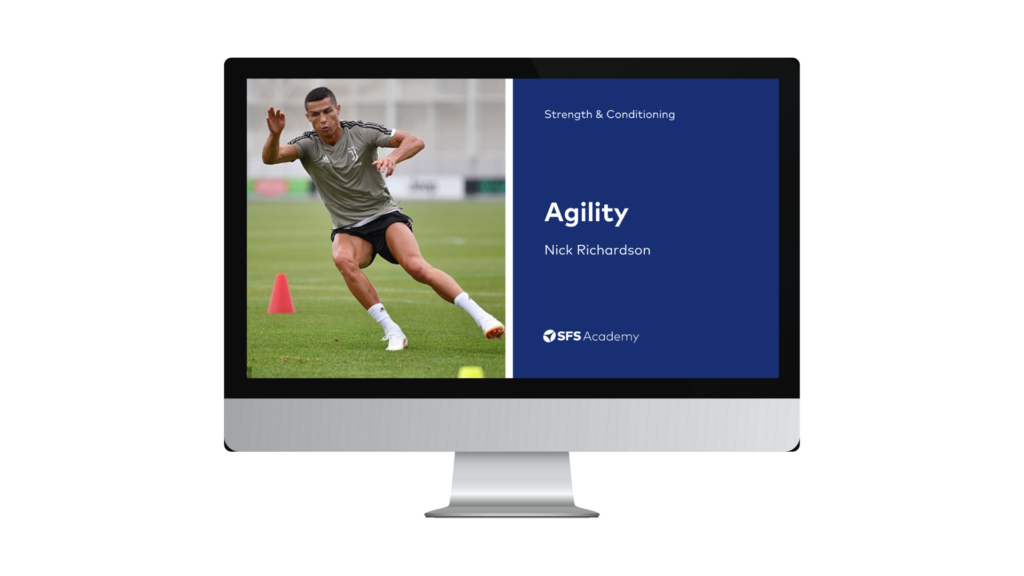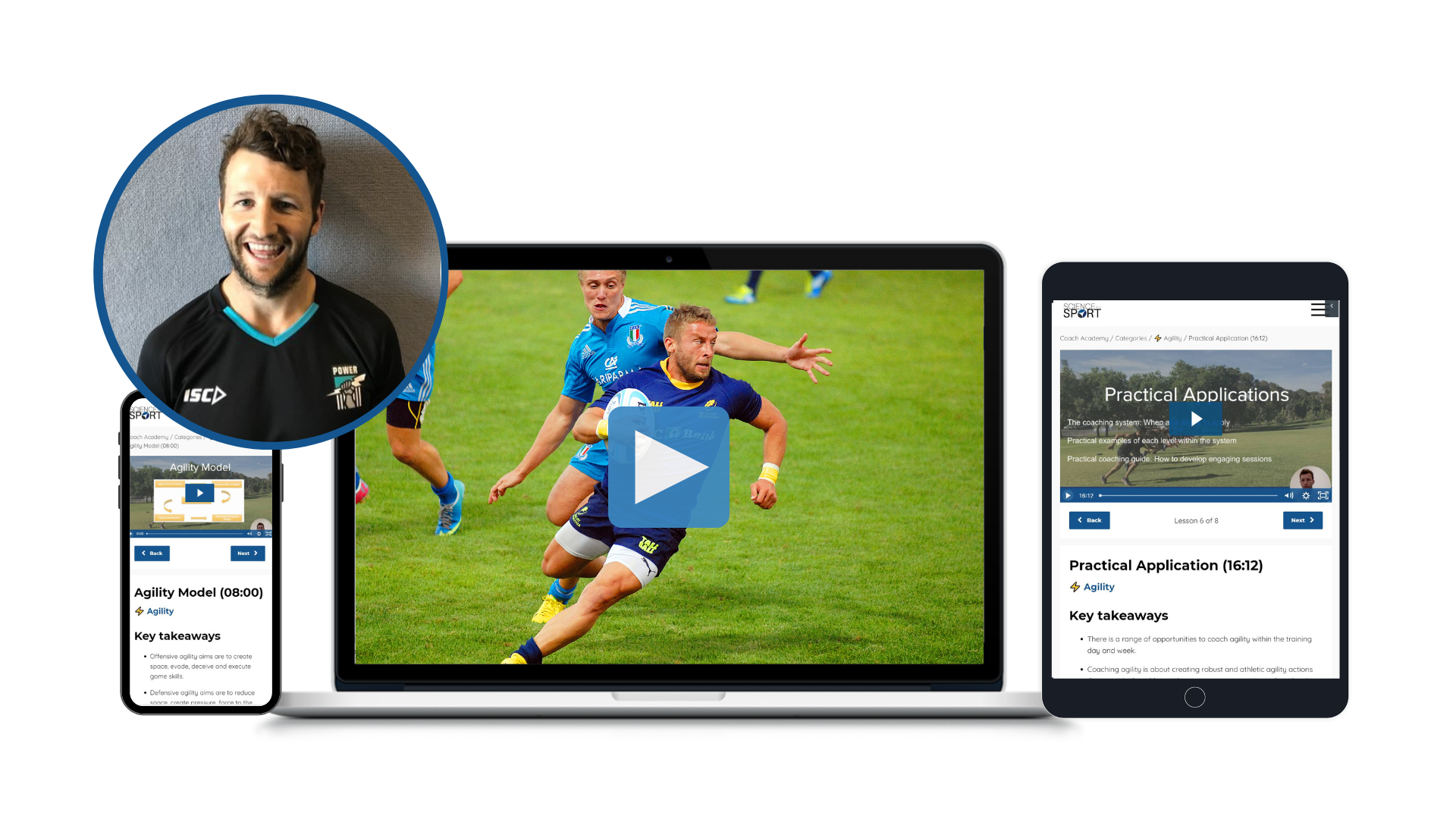6 Lessons Learned in S&C from Working Abroad
Experience gathered from 6 countries, across 5 continents
- Introduction
- What made you take a job on a different continent?
- How did you prepare yourself for the new challenge?
- What was your first day in the new country like?
- What were the biggest cultural adaptations you had to make?
- What did you learn as a person & coach from your experiences working abroad?
- What 3 lessons did you take away from your time working abroad?
- What advice would you give to someone considering working abroad?
- About the Authors
- Comments

Introduction
In this interview, we sit down and talk with two coaches whose careers have taken them to 6 different countries across 5 different continents. James de Lacy, Head of S&C at the Romanian Rugby Federation and Josh Fletcher, Human Performance Manager at EXOS will talk about their journeys, experiences and lessons learned along the way, providing coaches with key takeaway messages which they can apply to their careers in any country.
Can you briefly introduce yourselves and your journey?
Josh
I was a late starter, quitting personal training at 26 for an unpaid internship with the English Institute of Sport, from here I secured a multi-sport job with them, this time really set the technical foundations for me as a coach. But my role with Rotherham Titans Rugby Club is where I really earnt my stripes and how to apply principles. A relentless, blank canvas role where I learnt from so many mistakes that I came out the other side almost unrecognisable as a coach (in a good way).
I moved out to India where I worked for a new start-up called The Inspire Institute of Sport, a wealthy family had basically built an institute of sport from scratch along with sponsoring a group of elite athletes and professional football team Bengaluru FC. I coached a range of athletes on their books and also helped with the talent ID process which saw us travel India and recruit around 80 young boxers aged 7-24 years old.
A crazy time which was fantastic for me as a coach and person. In my current role with EXOS, I am working on a military project in Romania delivering S&C and coach development services, absolutely unchartered territory in another diverse environment. Safe to say I haven’t really done much the easy way in my career so far!
James
I started my internship while I was studying for my undergraduate degree with a professional rugby league team. I ended up working there unpaid for 3 years while getting my feet wet in premier club and regional rugby leagues. I was getting turned down for every job I was applying for, even getting to the point I had to re-apply for my unpaid job as the strength and conditioning coach for the junior academy, which I didn’t even get! The extra kick in the nuts was being told I can continue interning if I would like.
Luckily, through the friends/connections I made while working, I was offered my first full-time, professional rugby job in Romania. Sadly, due to corruption and mismanagement, that contract ended early and I was back home in New Zealand. To make some money while searching for a new job, I started my own sports academy. While doing this, through my friends/connections with my time working in rugby league, I landed a role with the NZ Kiwi Ferns, our women’s rugby league side. This was voluntary but I wasn’t going to pass up an opportunity to work my first international job.
After a year of searching for paid, full-time work and being rejected for every job, I was lucky enough to be offered a job in the newly forming Major League Rugby in the USA. I spent 2 years working in Austin, Texas and loved it there. During that time, I got a call and was offered my current position with the Romanian Rugby Federation.
What made you take a job on a different continent?
Josh
In all honesty, I probably did a bit of a runner! I was in a tough working environment and treading water in life I suppose, I remember sitting on a park bench one day during the offseason staring into space wondering where all my enthusiasm for life and the profession I love had disappeared to. I had almost totally lost my mojo.
I turned to my girlfriend at the time and said, ‘I don’t want my life to be like this, it’s time for a change’. I wanted something as different as possible from what I was doing, to have some amazing personal and professional experiences, safe to say I found that.
James
It was a no-brainer for me really. There were only so many jobs in little New Zealand and I wasn’t getting a look in on any of them. I needed the professional experience but couldn’t get the experience as I wasn’t getting the opportunities. I was prepared to work in any country as long as I was working full-time as a strength and conditioning coach with a professional sports team.

What happened next?
Josh
When I got home from my park bench realisation, I began my search without any blinkers on and totally open to anything that was not in the UK. In 3 weeks I had 3 interviews for jobs in 3 different countries, in 4 weeks I had 3 job offers and in 8 weeks I was on a plane to India.
Sounds quite cliché, but after years of really wanting to work abroad, I finally opened my mind and eyes to actually doing it and made it happen. Naturally, I chose the job which had the biggest cultural adaptation, highest uncertainty, lowest pay, highest risk, but the most exciting and greatest opportunity!
How did you prepare yourself for the new challenge?
Josh
Aside from the logistics of the move, I said my goodbyes I basically buckled up, excepted my life will never be the same again and opened my mind to the absolute unknown of India. The biggest prep was the mental side, stepping outside of everything I had known to only what I had seen on TV was quite daunting. I basically obliterated my comfort zone.
James
I was so stoked I was going to be earning a full-time salary and actually get to focus my time on being an S&C coach that I did everything I could to have my ducks in a row. I messaged coaches I had worked with before if they had anything that would help me out with my first gig which was invaluable.
With the USA, it was a much longer process to get over there with the visa requirements. I was ready to up and go as I was sick of working for free in NZ and not being given opportunities even with my newfound experience on my CV.
What was your first day in the new country like?
Josh
Well, India is an all-out attack on your senses, not from when you land but when you step on a plane heading to India. I got on the plane and once the seatbelt sign went off, everyone stood up like they were all on a bus! Off the plane, we sat in traffic for 3 hours, drove through a slum then later went out for dinner in a Mexican restaurant in a huge mall! Very surreal first day.
Romania was a lot easier, I felt after India I could adapt to anything really. The thing that I was very conscious of wasn’t the change of continent but stepping into a military working environment as a civilian. I used to say that everybody starts on 0 out of 10 respect in Romania. But I was a foreigner, so I scored -1, I didn’t speak the language so another -1 and I was non-military, so another -1 for good luck, so I wasn’t walking through the door on a great footing.
How did you negotiate that Josh?
I kept my head down, watched, listened and learned as much as possible as quickly as possible. I asked questions and just let people talk who wanted to talk, this went a really long way. I just kept quiet and coached to the best of my ability and tried to let the results speak for themselves. I also started studying anything I could get my hands on to improve my communication, my self-awareness improved dramatically, and I finally learned how to use my two ears and one mouth in the correct ratio, better late than never!
James
My first day in Romania was quite easy. We were in a very nice hotel with all the foreign players and coaches until they got our apartments sorted. It makes the transition much easier when you have English-speaking people with you that come from similar cultural backgrounds. NZ is a very multicultural country, so it was an easy transition fitting in with the players and coaches there.
In the USA, there was no problem with language. I made good friends with our assistant coach immediately as we had talked briefly before I came over. Within the first weekend, we rented an apartment together.
What were the biggest cultural adaptations you had to make when working abroad?
Josh
The Indian and to some extent, Romanian cultures are heavily influenced by social standing. As a Westerner I came with an automatically higher status which to me was really difficult to understand, the caste system is quite an abstract concept to me. I still struggle with this in Romania almost daily.
Accepting cultural differences is always interesting and fun to negotiate. They can be pretty extreme and totally illogical to a Westerner, but some things just are not important in other parts of the world and there is zero point in fighting an entire culture, you won’t win you’ll just lose your mind! Things like punctuality or how people drive, it used to drive me nuts, but I soon realised I can’t really control whether people turn up on time or drive like no one else is on the road. But I can control my reactions to these things.
James
While Romania is far removed from little old New Zealand culturally, our team was comprised of 50 % foreign players. Many of the players were of island descent who I was used to working with in NZ. Our coach was South African and the assistant Romanian coaches all spoke English. That was the easy part. In Romania, what’s on your contract is not necessarily what you’ll receive.
This is something I had never experienced before where an organisation can just cut pay because they aren’t happy with performances or because suddenly there’s “no money” so we are behind a couple of months’ pay. For me, that was the hardest adjustment and the hardest for all of the foreign players.
In terms of the sport itself, the Romanians love strength work. Being big and strong and dominating the set piece physically is their weapon and is often their main focus. Having come from a rugby culture where yes, strength is important, but skills are held in a higher regard, gave me a much different perspective on how things are done outside of NZ.
Due to the previous communist regime, there is still a mentality of being told what to do and not questioning it. There is also little sharing of knowledge between coaches. Trying to make changes to these cultural ways is not an easy task.
In the USA, rugby is more of a niche sport as the USA is dominated by Football. Since rugby was mainly amateur before heading over, it was like I had a fresh slate to implement what I wanted, and the players just soaked it up. They yearned for professionalism which made our jobs easier. The USA already has a good training culture. As in, players know and understand the importance of training and they like to put the work in.
When you work overseas in different countries, you’re often surrounded by foreign players and coaches which makes the transition smoother than if you were going into an environment with no foreign players or coaches.

What did you learn as a person & coach from your experiences working abroad?
Josh
India changed my life. It was an incredible experience and it really is a magical place. Human kindness costs nothing, a smile is worth more than any currency and sometimes saying yes to people, challenges and new experiences is great for the soul.
Romania cemented so many of the things I learnt in India, I feel now that people respond and react to what you put out. If you smile, laugh and are kind to people this is what you will receive in return regardless of country or culture. From this standpoint, you really are in control of your own happiness if you can choose to have a greater number of positive interactions than negative ones.
James
At this point in my life, I learned that I love living and working abroad. While NZ is my home, I don’t see myself living back there unless the right opportunity came up.
Secondly, shit happens. Don’t expect a job to last forever. And promises made by employers virtually never come to fruition. If the team isn’t an established professional team, even contractual obligations may not be filled. It’s important to not get too excited about what you may be promised in the future of the job, it’s better to be ignored and if anything does happen, it’s a bonus.
What else did you learn as a coach from your experiences working abroad?
Josh
I want to say I learnt I started to learn the language quickly, but India has around 22 local languages which often are not even spoken from state to state. So, I ended up scrapping that idea and focussed on the international language of smiling, laughing and hand gestures. A simple smile can change an entire atmosphere and remove all tension brought about by language barriers; it works well.
It was in Romania though that I learnt the real power of demonstration and walking people through step by step what you wanted. Organising groups of 60-100 without using anything but gestures, eye contact and demonstration is pretty tough to start with.
There were days whilst coaching a circuit where I would coach the whole session with only a handful of words and a ton of gestures. Try it one day, go 10 minutes without saying a word with your athletes, you will learn a lot about your coaching. Oppositely, if you do want to test your communication, you could even remove sight from the equation and force yourself to communicate with words only.
Most importantly though, I learnt that people only know what they know, until you teach them. I saw hundreds of athletes who had no clue what performance-based training, professionalism or body management was, no one had ever taught them. So, we upskilled on that and used it as education for everyone.
James
Even if you are a foreigner in a new culture, trying to learn their ways and language goes a long way in earning respect and buy-in from players and staff. They really do appreciate it when they see you are making the effort to communicate in their way.
Every country has a different training culture and way of doing things. As a coach, you want to put your stamp on it. However, things must change slowly, or you will get no change at all or potentially even push back.

What 3 lessons did you take away from your time working abroad?
Josh
- Change takes time and not everyone moves at the same rate. Step back from the problem a bit and build yourself into the role, don’t rush or you’ll miss things and enjoy the ride less
- Adapt or quit. Sometimes it’s not fun or pretty. But when it comes down to it in a lot of tough environments you only really have to choose between these 2 options
- If you want to see problems in any environment, you will find them. Change your optic, it won’t change by simply changing environments.
James
- Get everything in writing – promises and words mean nothing.
- Keep your options open – just because you have a job, it doesn’t mean you should stop networking and talking to other coaches. As the saying goes, “There are two types of S&C coaches. Those who are looking for work, and those who are about to be looking for work.”
- Have something on the side – working abroad can leave you vulnerable. More than likely, you’re dependent on a visa. If you’re let go from work, your visa is gone too meaning you have to leave the country on very short notice. You don’t have time to find another job or sort something out back in your home country.
What advice would you give to someone considering working abroad?
Josh
Do it. Do your research, plan effectively and then pack your bags! Life is for living, get out there and see what else is out there.
Just do your research well, save hard in the early days and have your backup plan in place encase it isn’t all you hoped it would be. Some roles are not what you thought they would be, but often you can shape and mould an experience into a positive one with the right mindset and approach.
James
Some of my responses could seem like a negative view of working abroad with all the uncertainty. But I can say without a doubt, if you have the opportunity, take it. You will develop yourself as a coach and person much more than staying and working in your home country.
The experiences and being able to travel on someone else’s dime are invaluable. You can always come back to your home country to work or settle in the future if that’s what you desire.
There are so many opportunities and people I’ve met that I never would’ve had the chance to which has led to more opportunities and great friendships… and even a marriage!



